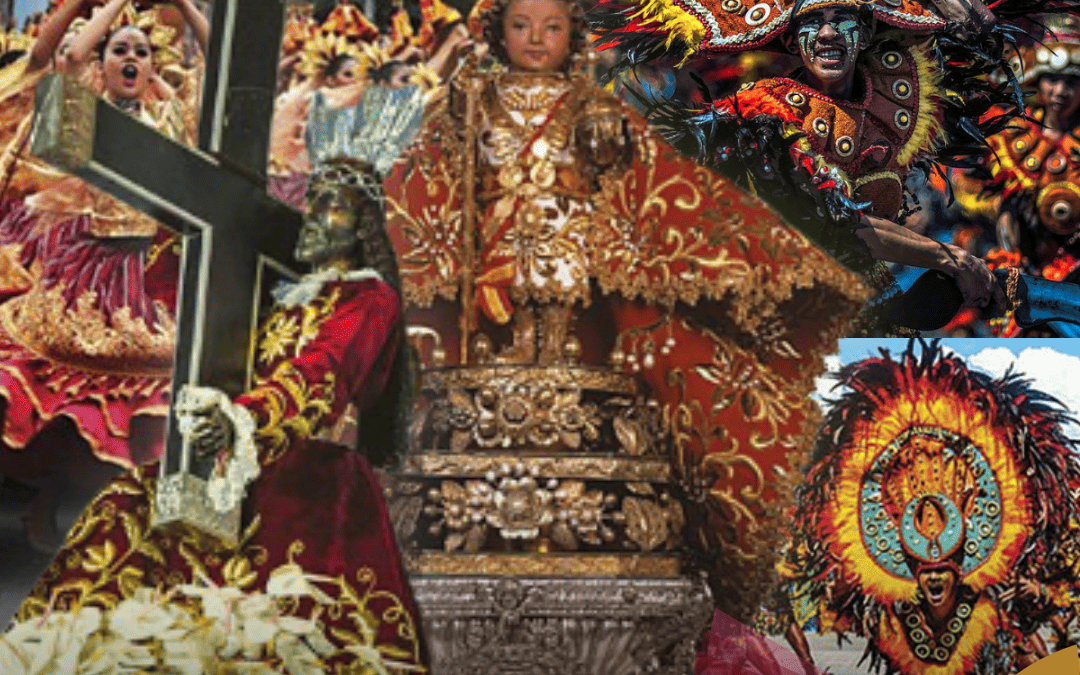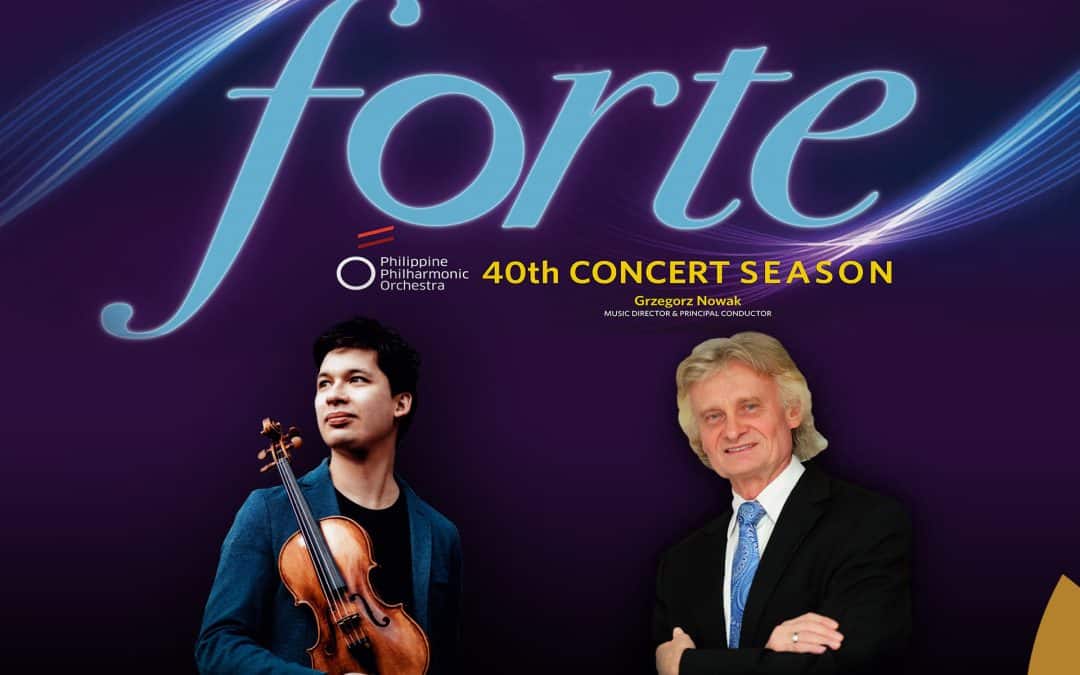The docufiction film on the plight of the Ati community in Sitio Karabankalan brings home the prestigious Balanghai trophy for Best Film in the 20th edition of the Cinemalaya Philippine Independent Film Festival.
Directed by Iloilo-based filmmakers Arlie Sweet Sumagaysay and Richard Jeroui Salvadico, TUMANDOK was cited for “its focus on a marginalized sector of Philippine society, its nearly epic sweep of the life and landscape of a people disempowered by the wealthy and the powerful and victimized by government neglect and corruption, its highly convincing characters and effective ensemble acting by a cast of non-professional actors, and for its highly effective filmmaking in defense of the rights of indigenous people to their ancestral domain.”
The film also bagged the Best Supporting Actor for Felipe Ganancial, Best Screenplay, Best Original Score, and NETPAC Award for Best Film in the Full-Length Category.
Ganancial got the award for “his very impressive performance as elder and chieftain trying to keep his people together in their steadfast but non-violent fight to keep their ancestral land despite violence and intimidation by the wealthy and the powerful.”
Tumandok’s script, co-written by Arden Rod Condez with Arlie Sweet Sumagaysay, was cited for “taking as its subject matter a sector that’s relegated to the margins of society, and its powerful tale of an indigenous people’s resolve to keep their ancestral land in the face of corruption and violence.”
Paulo Almaden and The Ati People of Kabarankalan and Nagpana won Best Original Score for “their highly effective use of ancient songs and ethnic instrumentation to complement its powerful depiction of an indigenous people’s fight for its ancestral domain.”
Tumandok was praised by the NETPAC jury for “its strong inner community voice of loving their land, and admirable representation of a strong young woman character who becomes a leader behind the men.”
Meanwhile, Sam Manacsa’s CROSS MY HEART AND HOPE TO DIE won Best Film in the Short Film Category for “its heartbreaking portrait of overworked and underpaid women-workers, and its subtle but mordant critique of their abuse and exploitation.”
Best Director Balanghai trophies go to filmmakers Jaime Pacena II and Sam Manacsa. For his film KONO BASHO, director Pacena has shown “his utter craftsmanship and expert summoning of the resources of the cinema to tell a poignant story of personal loss and family grief amid the trauma of disaster, his powerful exploration of themes of diaspora, self-discovery, and sisterhood, and his humanist vision that inspires reconciliation, renewal, and rebuilding.”
Director Manacsa, on the other hand, takes home her second Balanghai trophy for CROSS MY HEART AND HOPE TO DIE for “effectively orchestrating the resources of cinema in its depiction of a hard-up and lonely unpaid worker and her dashed hopes for romance.”
Sonny Calvento’s PRIMETIME MOTHER received the Best Screenplay award for “its savage take on Philippine television and how poor Filipinos willingly subject themselves to public humiliation for cheap fame and paltry fortune.”
The NETPAC (Network for the Promotion of Asia Pacific Cinema) Award for Best Film in the Short Film Category went to ABOGBAYBAY by P.R. Monencillo Patindol. Citation for the film mentioned its “deepest feelings of death and life and very delicate way of resurrection from grief.”
Enzo Osorio from THE HEARING won Best Performance of An Actor for “his sensitive and very convincing portrayal of a boy who refuses to be silent and to be silenced about his abuse.”
Marian Rivera from BALOTA and Gabby Padilla from KONO BASHO shared the award for Best Performance of An Actress. Rivera was praised for “her spirited portrayal of a public school teacher risking life and limb to protect the sanctity of the ballot.”
Padilla, meanwhile, received the nod for “her sensitive and very moving portrayal of a young woman navigating the cultural complexities of a foreign funeral while coming to terms with personal loss and family grief.”
Sue Prado for KANTIL was recognized as Best Performance of a Supporting Actress for “her effective portrayal as community leader of a coastal village of informal settlers trying to keep their unity while fighting off eviction.”
Technical awards include:
BEST EDITING – Dominic Bekaert (AN ERRAND), for “its masterful montage of the sights and scenes of road travel as captured in the mind of a driver coping with questions of time, class, and identity.”
BEST CINEMATOGRAPHY – Dan Villegas (KONO BASHO), for “its highly poetic employment of light and shadow and other photographic resources in its profound exploration of themes of loss and grief, of estrangement and reconciliation, and of ruin and renewal.”
BEST PRODUCTION DESIGN – Eero Yves Francisco (KONO BASHO), for “its highly effective melding of the resources of art direction to tell a poignant tale of personal loss, shared grief, and self-discovery amid the backdrop of a Japanese city recovering from the ravages of the 2011 earthquake and tsunami.”
BEST SOUND – Jedd Dumaguina and Mario Consuji (AN ERRAND), for “creatively evoking the din and blare of highway traffic, of silence and its interstices, as they are captured in the mind of a personal driver, as he journeys from Baguio to Manila and back, contemplating questions of destiny, fantasy, and identity.”
The Special Jury Prize winners were ALIPATO AT MUOG by J.L. Burgos, cited for “its effective use of the resources of documentary cinema to shed light on an actual case of enforced disappearance and reveal dark truths about human rights in the Philippines.”; and PAMALANDONG SA DANOW by Breech Asher Harani, cited for “its compelling evocation of the glories of nature as seen through the eyes of two Lumad youngsters and their struggle to protect and preserve the Agusan Marsh of Mindanao.”
GULAY LANG, MANONG by BC Amparado and PRIMETIME MOTHER by Sonny Calvento won the hearts of the Cinemalaya theater goers and audiences, receiving the Audience Choice Award for Full-Length and Short Film categories, respectively.






